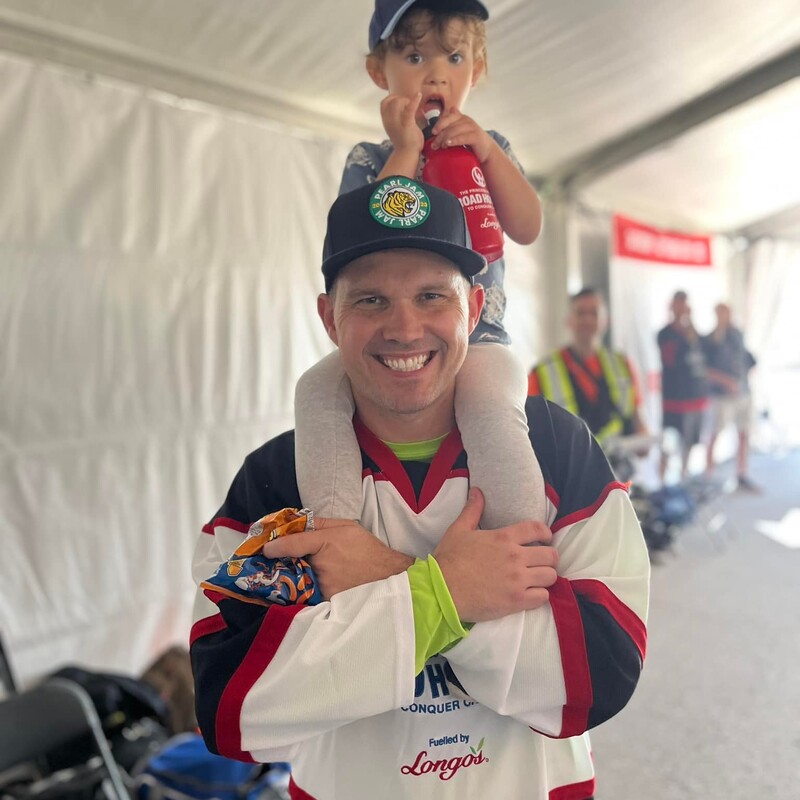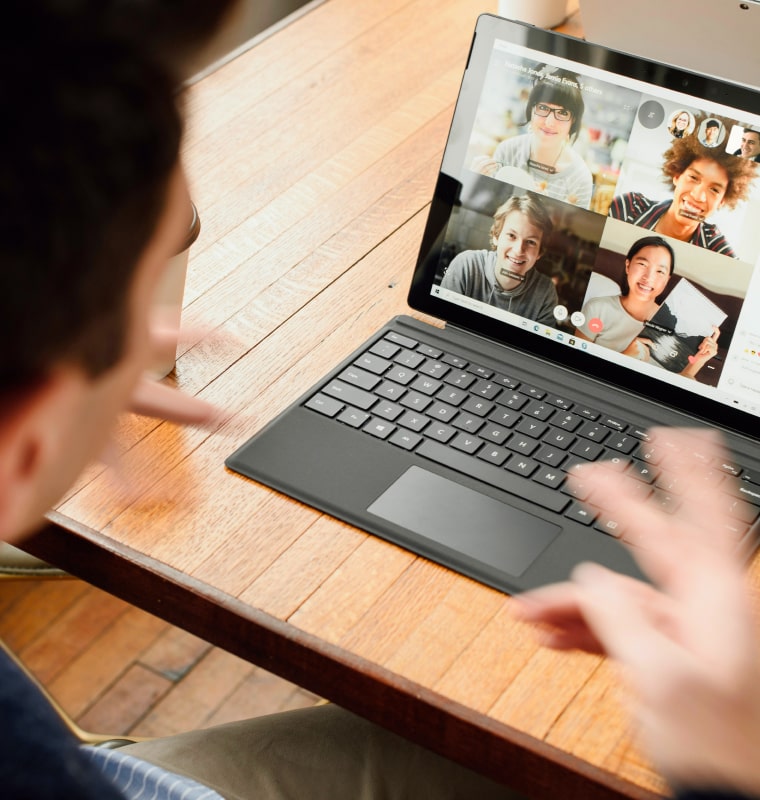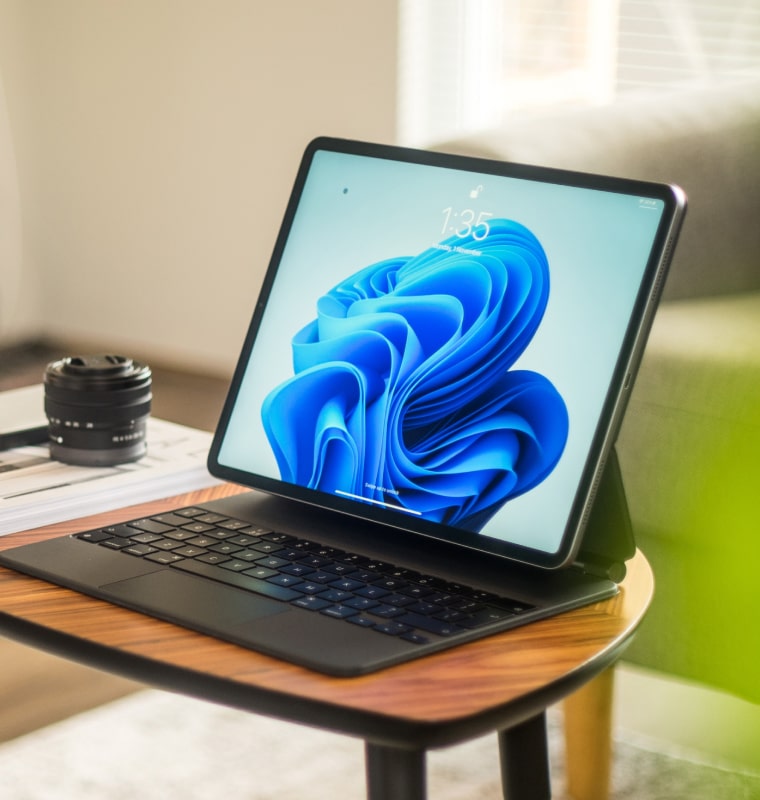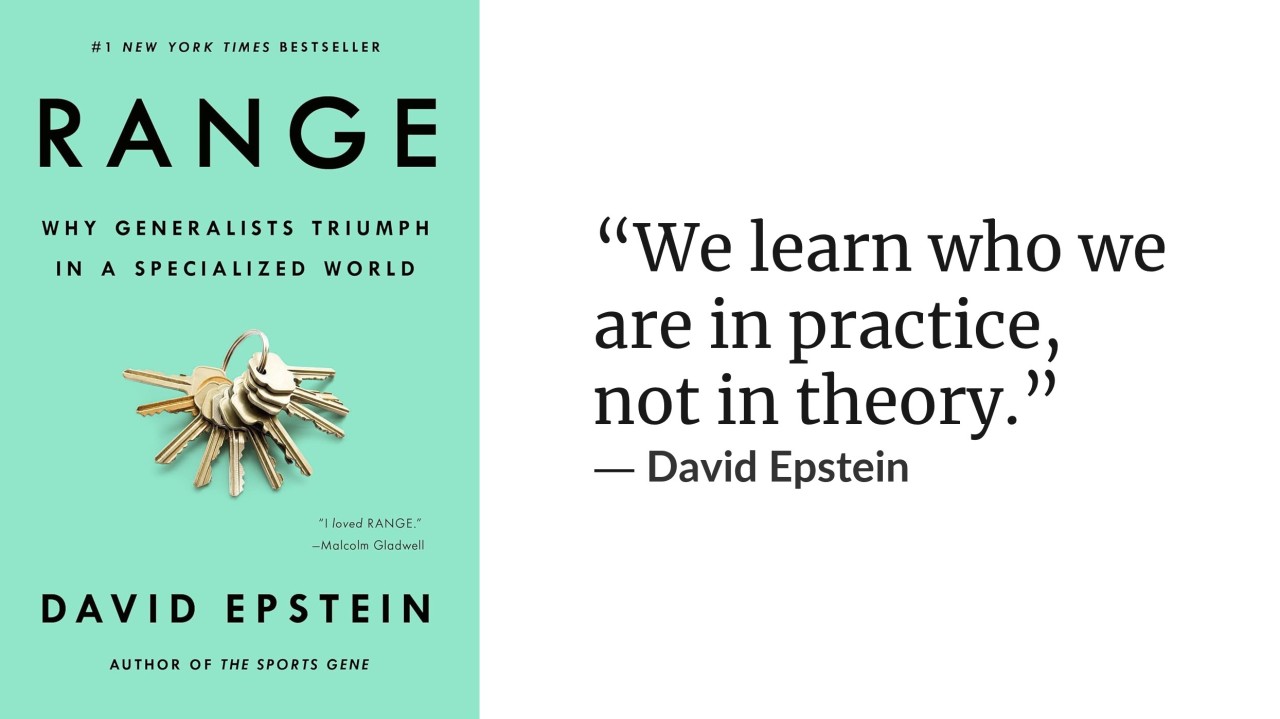
A few pieces I’m proud of, from OR adoption playbooks to accessible gaming and building psychologically safe teams.
Popular articles
July 11, 2023
The Power of Peer-to-Peer Activities in MedTech Sales
Over the past 15 years working in medical technology and with medical device distributor Minogue Medical Inc. I have been lucky to partner with many talented teams and different suppliers such as Intuitive and Gaumard Scientific. While each medical technology provider has a unique market and approach, experience shows that peer-to-peer activities are an important part MedTech sales and marketing.
What is peer-to-peer marketing?
There are many effective peer-to-peer marketing techniques. In the world of MedTech, leveraging the expert voices and experience of those who are already using the technology, to educate other existing or potential users is crucial. There are many formats of peer-to-peer activities including presentations, webinars, blogs, podcasts, dinners, symposiums, case observations, surgeon-led courses etc.
I am a firm believer that increasing access to medical innovation and driving the sustainable, safe use of technology is not possible without healthcare professionals advocating the value to their peers.
Friends, Family and Bringing People Together
A consumer survey showed that "friends and family" were the most trusted source when it came to information about brands and services. The least trusted source was advertising. Now although health care professionals may not be friends or family they all have a shared purpose of providing the best care for patients.
Doctors and nurses have common experiences of surviving extensive education programs and residencies and dealing daily with an overburdened health care system. As a result they are a tight-knit group. Even if their specialty, training and techniques may vary, they are aligned to continually advance medical science and improve clinical outcomes. The newer generations of health care professionals are also very social and influence and support each other daily. hashtag#medtwitter was tagged in over 7,000 posts in a single day in July and surgical specialty groups on Facebook have surgeons sharing content daily.
Peer-to-peer activities can be a challenge to organize and execute. It's important to always stay focused on the core purpose of bringing people together to have a conversation. This simplicity is part of its power. In medical education, peer-to-peer learning is an accepted form of training and when partnered with data it is an influential way to share the value of new technology and treatments.
Selecting and Partnering with Advocates
When it comes to successfully partnering with health professionals to share their experience, its important to consider that there are different types of advocates. More specifically clinicians have various profiles that can include educator, academic, early adopter, technically skilled, and leader. The type of peer-to-peer activity will determine which qualities are most suitable, and those who are dynamic and fit multiple of these profiles are the ideal candidates for partnership.
"Make the customer the hero of your story" ~Ann Handley
High profile Key Opinion Leaders (KOLs) often get the most attention, although sometimes, high surgical volume, efficient super users with an appreciation for data can be very effective advocates. Medical technology professionals can play a positive role collaborating with health care professionals by helping with information distribution and increasing knowledge by providing resources and encouraging data collection.
Technology, Training and Proctors
New technology is often taught in phases to ensure safe adoption. The initial phase typically involves online content including procedure videos narrated experienced surgeons. This is followed by hands on in-services and simulation. The more that a new user of a technology prepares in advance, the more they can focus on clinical aspects of initial cases. Support from experienced peers is an important way for new users to confidently navigate the learning curve of new technology and build proficiencies. In surgical robotics, although simulation is important to increase dexterity, surgeons proctored by fellow surgeons reported a higher participant satisfaction, which could indicate a higher motivation to continue the training.
The availability of surgical proctors can be a challenge, especially in health care systems that are chronically understaffed. Fortunately, technology that enables tele-proctoring is becoming more available and this method has been shown to be safe and acceptable to surgeons. Increasing the availability and reach of health professional expertise can only benefit patients.
Leveraging Data to tell the Value Story
Partnering with health teams to build programs and improve patients outcomes is not only critical, its rewarding. Surgical teams must measure and share the impacts of new technology, especially those with higher upfront costs.
"If you can not measure it, you can not improve it." ~Lord Kelvin
A national survey indicated that active use of ACS NSQIP data enables Surgeon champions to demonstrate continuous quality improvement to their hospital administration and colleagues. Hospitals that evaluate their outcomes not only can better improve their performance, they believe in their programs and become advocates and potential reference sites.
In addition to clinical data, economic value must be assessed. If a treatments value is not measured there is a chance the new treatment will be considered to be cost prohibitive and unsustainable. Modern health care is characterized by value-oriented approach and Health Ministries have started to evaluate new treatments and technology using the quadruple aim of care.
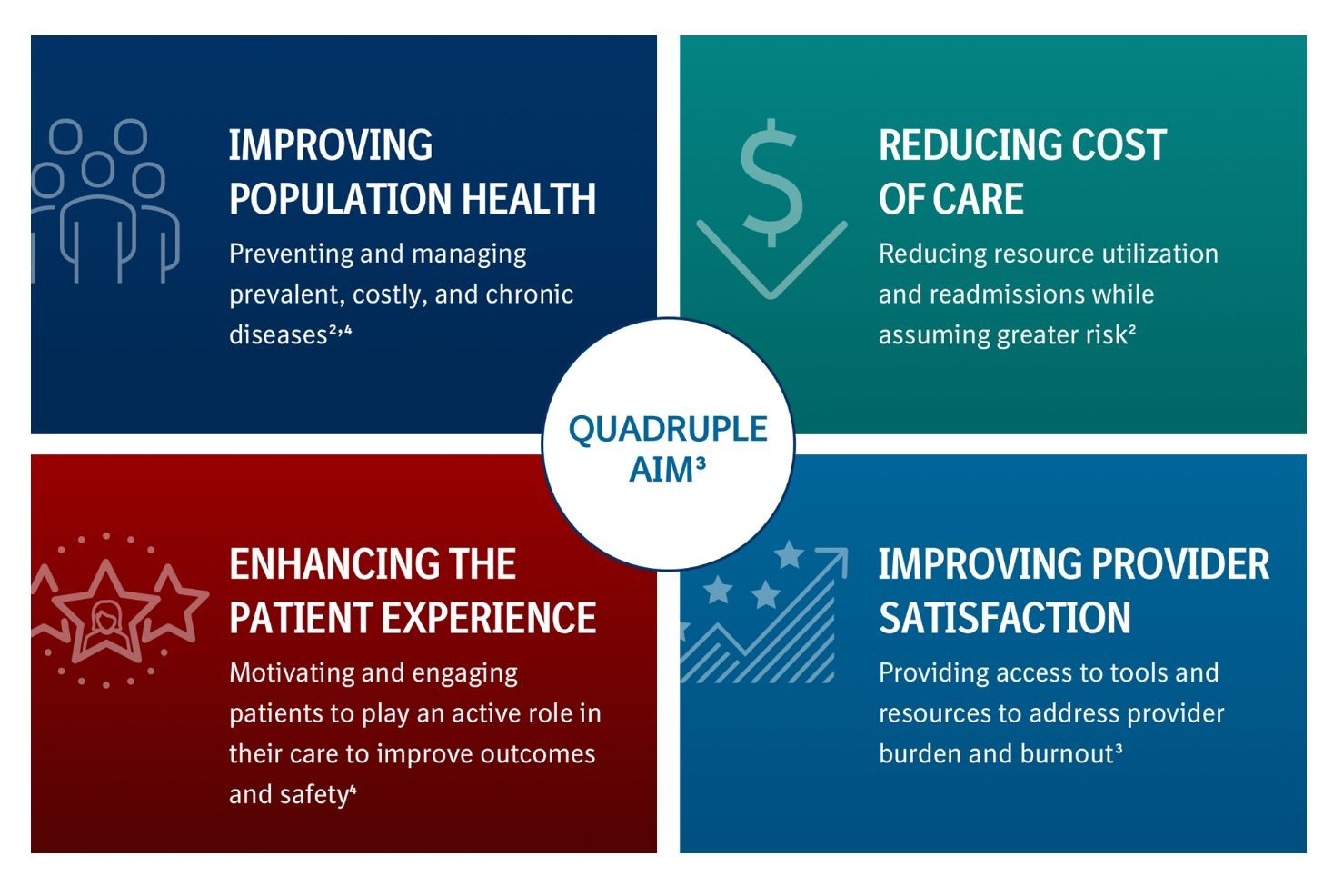
This progressive assessment criteria makes it important to collaborate with not only health care professionals but a broad group of stakeholders. Advocates must understand the benefits of a new treatment not only to the patient but for health care professionals, the hospitals and the health systems. 1
Facilitating Powerful Conversations
Once you have identified your advocates and influencers, supported their needs related to the technology and training and developed with them the data they need to share the bigger picture, the final piece of the puzzle is to facilitate a powerful conversation.
I have found the most impactful discussions occur during panel discussions. Facilitating a successful panel and subsequent Q&A session is one of the best ways to drive meaningful consideration of new technology.
Below are my top five tips to ensure a successful discussion:
- Prioritize panel diversity: Don't just focus on surgeons, new technology and great programs need support from nursing, management, reprocessing, hospital leadership, and patients. These individuals have their own valuable perspectives and if your topic is broad like technology access and reimbursement, representation by additional stakeholders is critical. Consider how intersectionality of experiences can further enhance your panel and even help improve participation.
- Be strategic about your moderator: Have a clinician chair and moderate the event and question and answer session to add instant credibility.
- Align on topics: Collaborate with your moderator and speakers to develop content and a limited number questions aligned to the objectives of the event. Their feedback is invaluable and it will allow them to better prepare. Asking the same question to multiple panel members will provided unique perspectives and often result in value alignment.
- Partner with sales to drive registration: Although small interactions can be powerful, a larger audience can increase ROI. Many variables influence attendance including the topic, the quality of the speakers, national vs regional relevance, language, time of the day, etc. Make sure you partner with your sales teams to promote the event. This is critical.
- Record the session and post on YouTube: Healthcare workers have full schedules and unpaid educational activities focused on med tech are not their highest priority. Consider recording events and posting them on YouTube to allow for flexible post-event access. I also suggest embedding video time stamps to highlight discussion topics and questions, making it easier for viewers to navigate to the most relevant material.
Partnering with health care providers and other stakeholders to help educate the community is essential to drive technology adoption and support ultimately increasing patient care and benefiting the health system.
